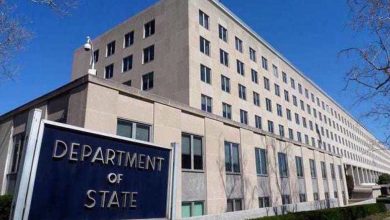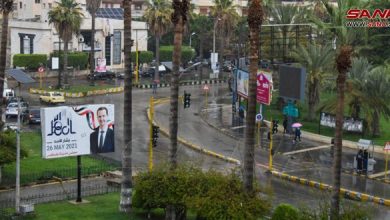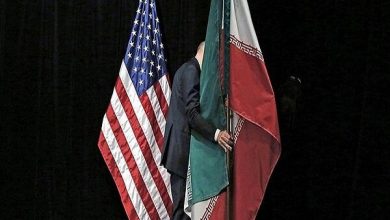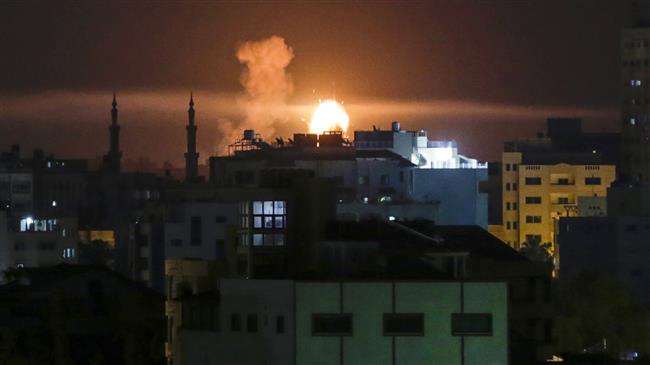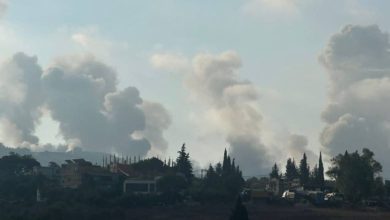Saudi using ‘economic pressure’ as last card in Yemen after failing in war: Analyst
Saudi Arabia has not been able to achieve any of its goals in Yemen during the eight years of war, so economic pressure is currently the last tool of the Saudis to put pressure on the Yemeni people, according to a political commentator.
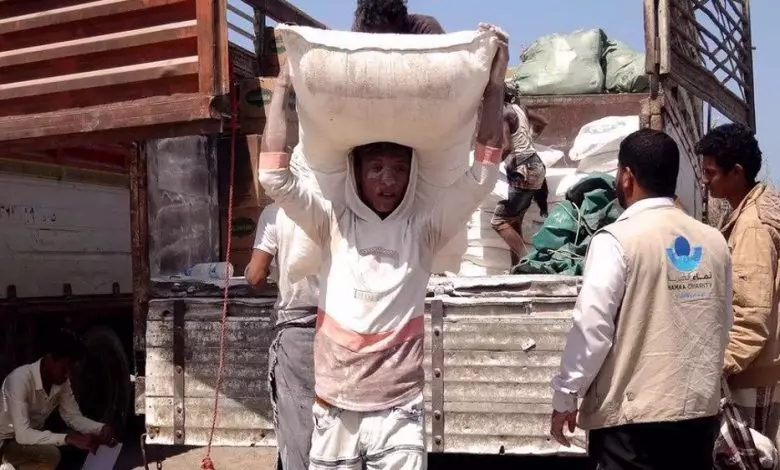
Hamza Karim, a Yemeni activist and political commentator in an interview with Press TV’s Spotlight program on Tuesday, said Saudi Arabia hopes to compensate for its eight-year military defeat in Yemen with economic pressures on the people of the country.
The money that Saudi Arabia has earned from the sale of oil since the beginning of the war in Yemen has reached its puppet government in the south of Yemen, and none of the money has reached the hands of the Yemeni people, Karim noted.
Saudi Arabia launched the devastating war on Yemen in March 2015 in collaboration with its Arab allies and with arms and logistical support from the United States and other Western countries.
The objective was to reinstall Yemen’s former Riyadh- and Washington-friendly regime and crush Ansarullah. The popular resistance movement has been running state affairs in the absence of a functional government in Yemen.
The Saudi-led coalition has failed to meet any of the objectives while killing hundreds of thousands of Yemenis and turning entire Yemen into the site of what the United Nations calls the world’s worst humanitarian crisis.
“Saudi Arabia wants whoever will be ruling Yemen to be their puppet, to be someone who will get the orders from them, otherwise they’re not willing to stop this crazy War and they don’t really care about what will happen to the civilians and how many people will be killed in the country,” Karim pointed out.
“As we can see, after eight years nothing has been achieved, whether it’s by using the military or by using the economical card. Now it’s up to Saudi Arabia, whether they’re very serious about getting into peace which means that this one has to stop blockade, and salaries have to be paid to the Yemeni people.”
Yemeni political experts say the release of the fuel ships by the Saudi-led coalition isn’t enough, as the country will continue to struggle until Saudi Arabia and its allies completely lift the blockade and end their illegal involvement in Yemen.
Despite falling oil prices, tensions are rising on all active battlefronts in Yemen for what could soon be a resumption of war if a political solution is not reached soon, as Saudi Arabia and the UAE continue their militarization of strategic Yemeni Islands in the Red and Arabian sea.
The release of fuel ships detained by the Saudi-led coalition marks a big victory for the Yemeni government based in Sana’a and the people living in the areas controlled by Ansarullah.
This also indicates that Saudi Arabia and the UAE simply cannot afford to have their oil industries targeted by Yemeni missiles and that’s why they decided to go with a safer option by releasing the fuel vessels.
In October, the UN announced the end of a truce in Yemen reached between the Ansarullah Movement and the Saudi-led coalition. The Yemeni Army blames Riyadh and its allies for failing to observe the UN-brokered armistice.
Yemeni government officials involved in the peace talks said in order for political negotiations to commence, the Saudi coalition must end its blockade and allow the resumption of salary payments to all civil servants. Saudi Arabia has so far rejected those demands.
Enjoying arms and logistics support from the US and other Western states, Saudi Arabia led its regional allies, including the United Arab Emirates, into a catastrophic war on Yemen beginning in March 2015. The war has killed tens of thousands of Yemenis and turned the entire country into the scene of the world’s worst humanitarian crisis.
The invasion has been seeking to change Yemen’s ruling structure in favor of the impoverished country’s former Riyadh- and Washington-friendly rulers and crush the Ansarullah resistance movement. However, the Saudi-led coalition has failed to meet any of its objectives.
